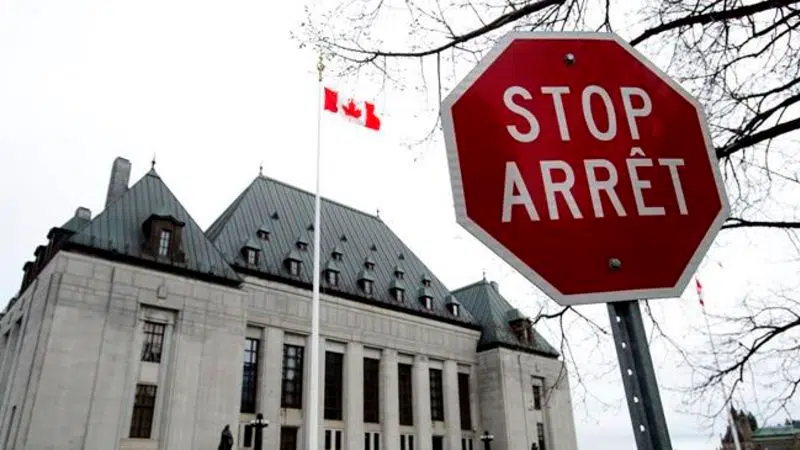
Supreme Court says drug trafficker need not pay additional fine by 6-3 margin
OTTAWA — A convicted drug trafficker should not have to pay a fine as part of his punishment to offset the fact he used money he obtained from his crimes to pay his legal fees, the Supreme Court of Canada ruled Friday.
The 6-3 decision gave new guidance to sentencing judges on how they should exercise their discretion under what it called the “complex and multi-factored regime” governing proceeds of crime. The provision was enacted by Parliament in 1988 to ensure that “crime does not pay.”
Friday’s case involves Yulik Rafilovich, a Toronto man who pleaded guilty to cocaine trafficking and possession of property obtained through crime.
When police arrested Rafilovich they seized 560 grams of cocaine, $41,130 in Canadian cash and $651 in U.S. funds.


